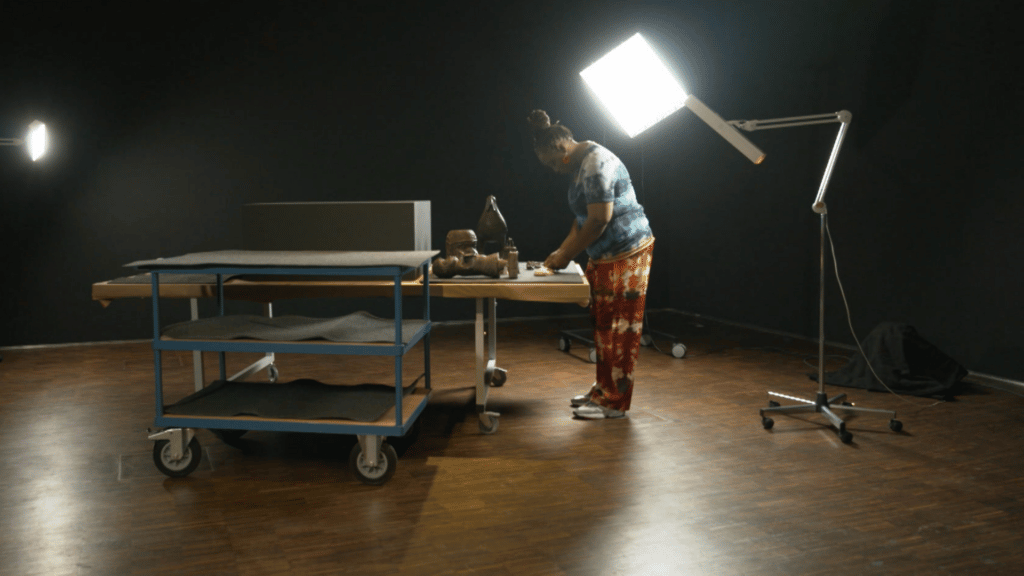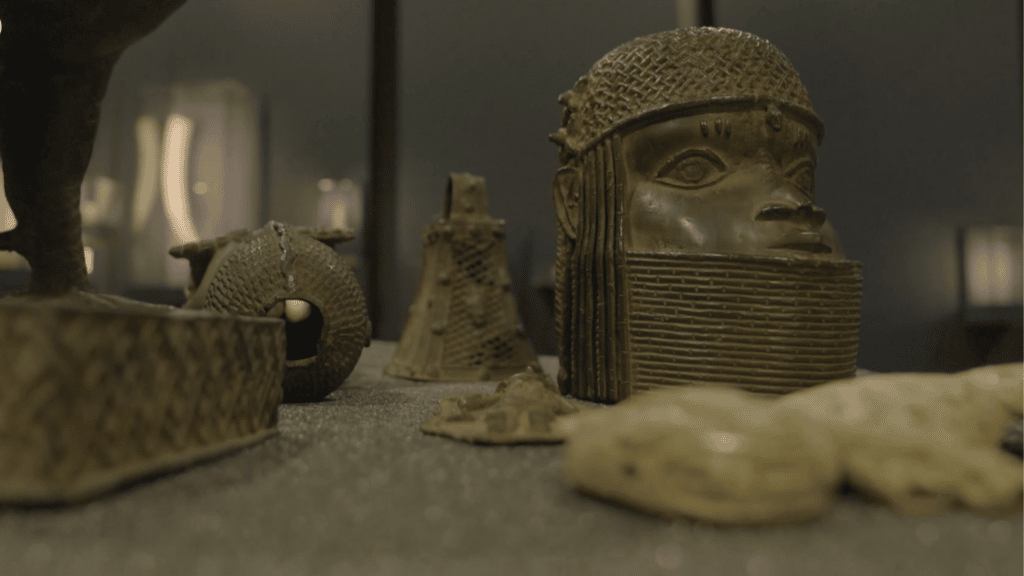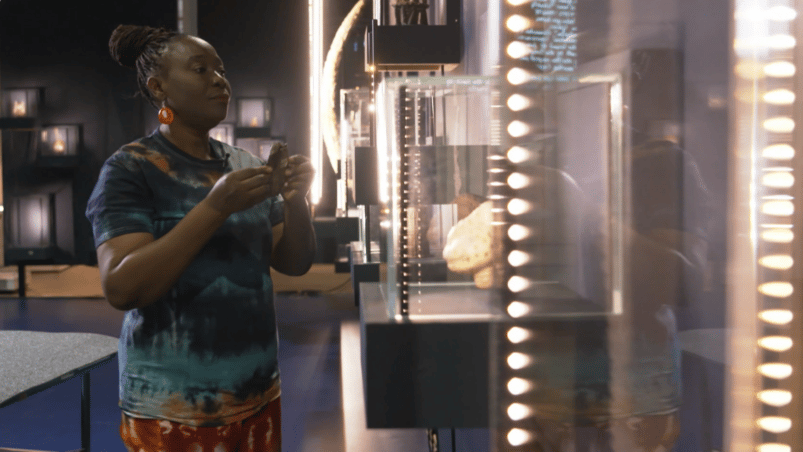As authorities and museums are looking at how they can return looted artefacts to former colonies, discussions arise about who owns these objects. An exhibition of Benin Bronzes, on display in Germany, shows the interesting dynamics behind the cultural and physical ownership of looted artefacts. The 96 works of art are set to return home to Nigeria but can help to change the way we think about colonial heritage and looted artefacts.
The exhibition opened at the end of April 2022 in the Rautenstrauch-Joest-Museum, an ethnographic museum in Cologne, DW explained in a video report. The 96 works of art on display are known as the Benin Bronzes, even though some objects are made of wood, ivory and terracotta.
The artefacts were stolen in 1897 when British forces plundered the capital of the African kingdom of Benin (now Nigeria) during a military raid. During the massacre, they destroyed the royal palace and captured over 4000 artefacts. Many soldiers and administrators involved in the looting sold their spoils to museums and art collectors. That’s how the museum in Cologne, like many others across Europe, gathered such a large collection of Benin Bronzes.
Change of power
Now, the descendants of the kingdom of Benin want their treasures and heritage returned. “We have waited for these works to return, to come back quickly and to come back safely. I miss you, but on a different level”, articulates Nigerian art historian Peju Layiwola the feeling of her fellow countrymen. No surprise that “I Miss You” is the name of the exhibition.
Categorising the objects feels like putting numbers on people and putting them in jail
Peju Layiwola
For Layiwola, invited to work on the exhibition because of her expertise on the Benin Bronzes, the change of ownership is key to understanding the exhibition and the return process: “It shows a change of power.” The changing of ownership is shown in the way the objects are objectified and taken out of context, for example by numbering the works of art, in order to categorise them. Not uncommon from a European perspective, but for Nigerians, the numbering has a very different meaning.
“It feels like putting numbers on people and putting them in jail”, explains Layiwola while she removes the inventory cards. “So taking them off is a way of preparing them to go to Benin. It’s like taking off marks that have no meaning in the culture because we don’t put numbers on ancestors.” That is why every object is displayed separate, showing the unique individuality and beauty of each work, but the pain, loss and grief associated with them are also remembered.
The exhibition also researches how the artefacts should be presented to the public, once they are back home. “There must be a way in which people become engaged with these works, in a context that is known to Africa. Their art is not celebrated alone, but celebrated in the context of performance, music, poetry and dance”, Layiwola points out.

Returning home
Museum Director Nanette Snoep agrees that there should be a new approach to looking at looted colonial artefacts: “This is essential for the future of ethnography museum. What does it mean that I as a director, or we as a museum, can no longer be the only ones who can tell the story of these objects?”
For now, Nigeria only houses a few original artefacts but that is about the change. The German government plans to transfer ownership of over 1200 artefacts and artworks to Nigeria before the end of 2022. Nonetheless, public debate has been fierce about whether they should be returned. “There is something hidden behind this debate, and behind the anger and emotion”, feels Snoep. “What is our post-migrant society and how do we interact with each other in the future? That’s what this is about as well. Especially about privileges and power relations. And that’s what a lot of people get worried about.”

Source: DW

